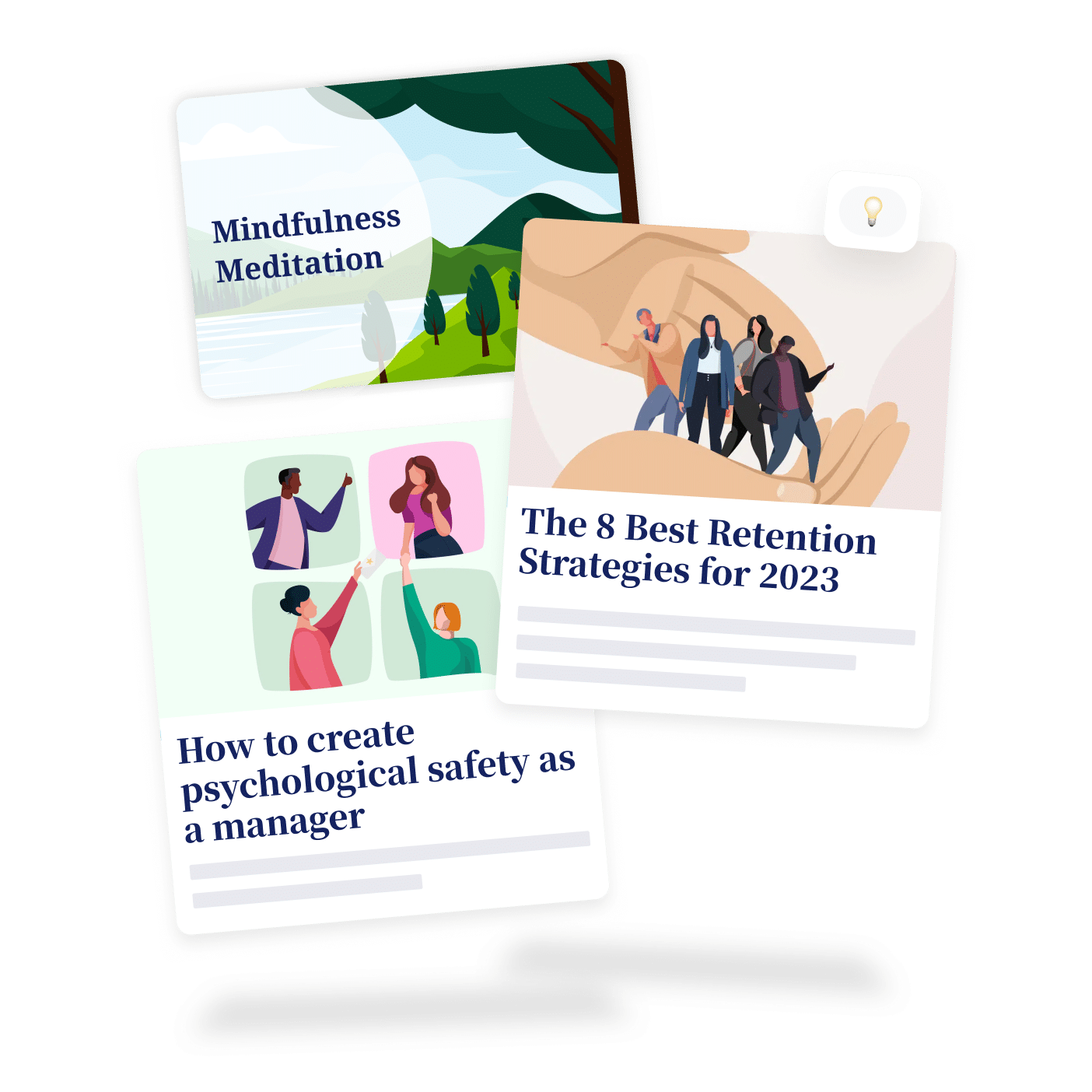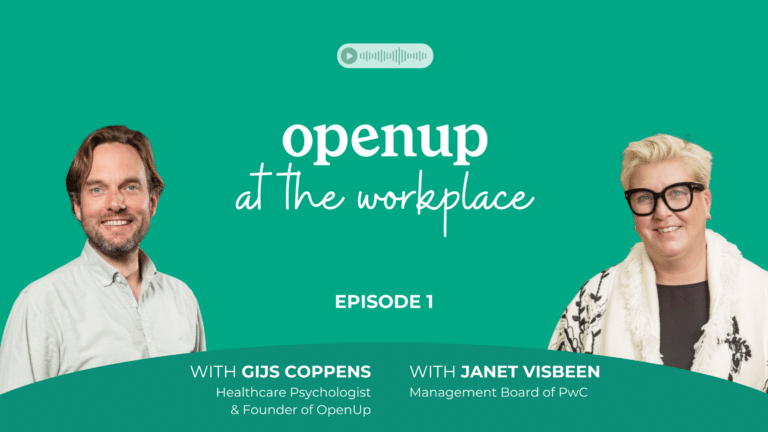Current challenges facing managers
The Gartner 2024 HR Priorities Survey, in which more than 500 HR managers from 40 countries and various industries took part, shows that managers are increasingly overwhelmed:
- On average, managers have 51% more tasks than they can effectively manage.
- Around 54% of managers suffer from work-related stress and fatigue.
- 1 in 5 managers would prefer to relinquish personnel responsibility.
The above statistics naturally impact the relationship between managers and their team members. Only one in two team members believe their manager treats them empathetically and fairly. Therefore, it’s even more crucial that managers are equipped with the essential skills to lead modern, hybrid teams, contributing to the company’s success.
💡 Also interesting: Virtual Leadership: Promoting Well-being and Productivity in a Digital Workplace
Why a focus on mental well-being is essential
Managers require leadership development approaches that extend beyond traditional skills to better navigate these challenges.
Echoed by the Gartner study, merely a quarter of managers believe that existing training programmes in their organisations make a difference. Moving forward, HR must weave elements of person-centred leadership into their training initiatives. Centred around authenticity, empathy, and adaptability, this approach is increasingly essential as mental well-being becomes recognised as a pivotal aspect of effective leadership.
How HR can support overstretched managers
As an HR department, how can you promote mental well-being within the organisation and thus support managers? Liliane Thoelen, psychologist at OpenUp, shares where you can start:
1. Promote an open corporate culture
A transparent corporate culture where psychological safety is prioritised is crucial in aiding both managers and employees. Feeling overwhelmed shouldn’t stigmatise seeking help from colleagues or HR as taboo or a sign of weakness. “Whether you’re leading a team or are a member of one, it’s vital to depend on and bolster each other,” stresses psychologist Liliane Thoelen. “Encourage managers to lead by example, display vulnerability, and proactively seek support.”






